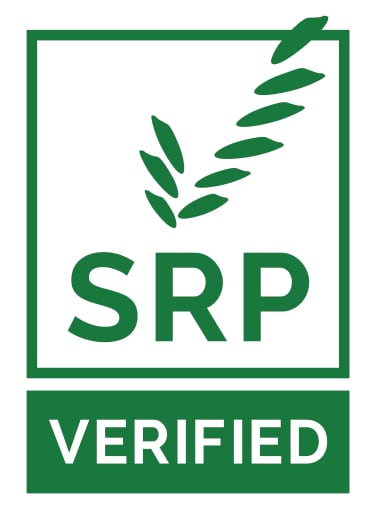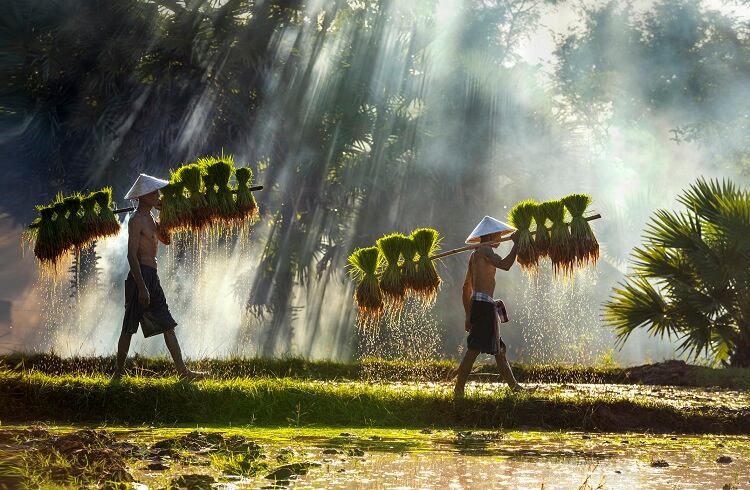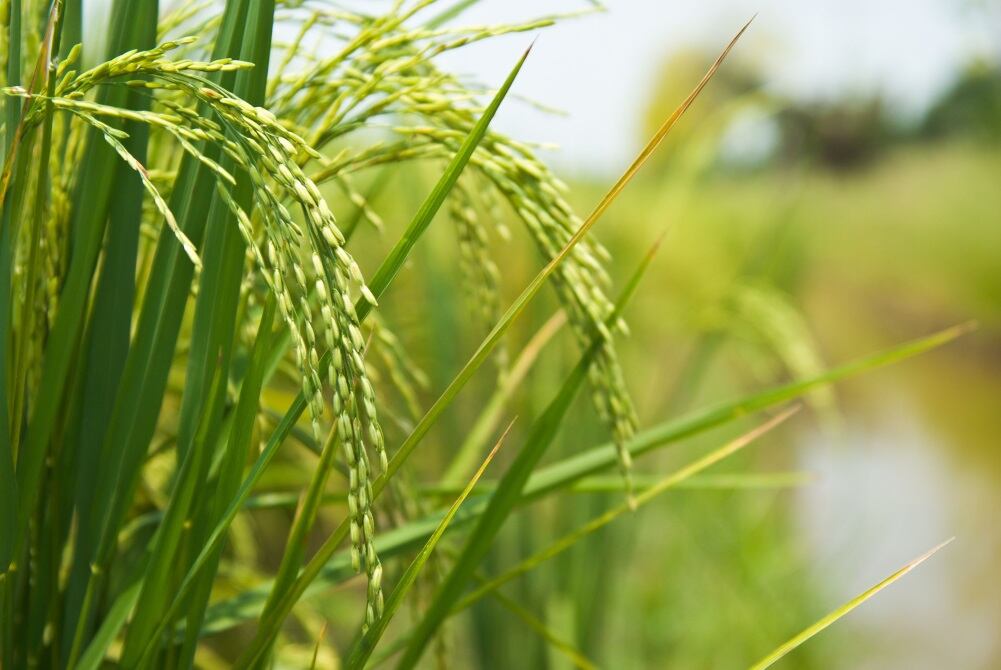Sustainable Rice Platform (SRP) is an alliance led by the United Nations Environment Programme (UNEP), the International Rice Research Institute (IRRI) and Deutsche Gesellschaft für Internationale Zusammenarbeit GmbH (GIZ), together with public, private, research, and financial institutions, and civil society organisations.
Having launched the world’s first voluntary sustainability standard for rice in 2015, SRP is now bringing a new Assurance Scheme to the fore, based on the SRP Standard for Sustainable Rice Cultivation.
Alongside the new scheme, SRP has developed an ecolabel that rice produced according to its standards can carry on pack. The aim, said the certification body, is to reduce the environmental impact of rice production, whilst helping shoppers identify rice that has been sustainably produced.
“SRP was established to address global environmental and social challenges in rice production. The Assurance Scheme offers supply chain actors a robust, cost-effective and transparent path to sustainable procurement.
“Consumers are increasingly demanding that food is produced sustainably, and now they have a reliable way to choose environmentally friendly rice” – Wyn Ellis, SRP Executive Director
Products that comply with SRP’s Assurance Scheme will now be eligible to carry the new ecolabel, characterised by a green rice plant against a white background.
SRP Executive Director Wyn Ellis told FoodNavigator the label has received interest from European, American, and Asian markets, but anticipates European retailers will lead in adoption.
“SRP-Verified rice products should start to reach supermarket shelves by year-end,” he continued.
“We’ll be working together with key retailers to build awareness of key elements of sustainability that resonate among rice consumers.”

Why produce rice sustainably?
Rice is one of the largest food crops in the world. A reported 3.5bn people rely on rice as a daily staple. Yet elevated demand is associated with a significant environmental footprint.
It is estimated that one-third of the world’s developed freshwater resources is used in rice farming – an activity that generates up to 20% of global anthropogenic emissions of methane.
At the same time, the future of rice production is uncertain. According to the International Food Policy Research Institute, production is expected to fall 15% by 2050 due to rising global temperatures.
SRP’s new Assurance Scheme aims to reduce rice farming’s water and greenhouse gas impacts, by ensuring members abide by best practices. In doing so, the alliance says SRP can reduce water use by some 20% and methane emissions from flooded rice fields by up to 50%.
Further, by switching to SRP practices, the alliance says farmers can boost incomes by 10-20%.
Third-party GLOBALG.A.P, based in Germany, will oversee approval of qualified verification bodies that will be responsible for inspection of producers according to the SRP Standard. The first to be approved to perform SRP verification audits thus far is Denmark-based not-for-profit NEPCon-Preferred by Nature.
Challenges in achieving certification?
SRP says its Standard is ‘practical’ and ‘cost-effective’ to adhere to, which should help farmers in onboarding the sustainability measures.
“Producing rice sustainably requires a number of fundamentals such as quality seed, credit and control over irrigation. However, the SRP Standard advocates changes in farm practice that are typically under the farmers’ own control and that are also practical and cost-effective to implement,” explained SRP’s Ellis.
“Some are knowledge-intensive, and so perhaps the overarching challenge is to access and apply this knowledge.”
Similarly to other crops, such as cocoa and palm oil, rice is mostly grown by resource-poor smallholders in developing countries. This can lead to fragmentation, and challenges in certification bodies reaching those at the top of the supply chain.
The solution, Ellis told this publication, is group certification. “The sector is highly fragmented, with holding size sometimes less than one hectare. Group certification of producer groups is the only cost-effective approach to verify compliance; farmers need training and guidance to understand and address the weaknesses of their production systems.
“This helps us focus our training efforts to address these ‘sustainability hotspots’ and ensure mandatory compliance thresholds are reached or exceeded.”
Further, producer groups can enable certification bodies to reach larger numbers of farmers and provide assurance by certifying the effective functioning of an Internal Management System (IMS) within each producer group, the executive director elaborated. “An IMS creates a peer-to-peer collective monitoring system to ensure compliance among all group members.”




